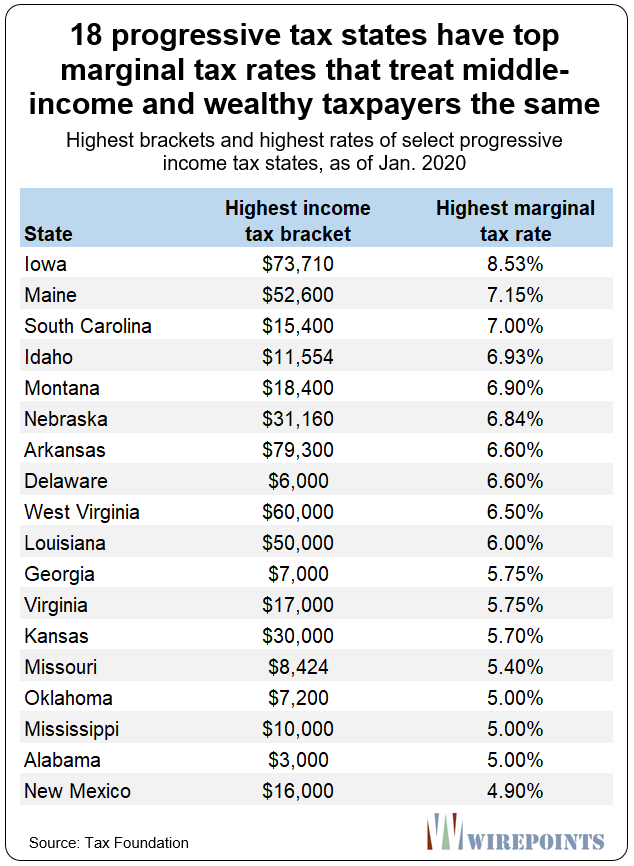

If you have net investment income from capital gains and other investment sources, and a modified adjusted gross income above the levels listed below, you will owe the tax. Individuals, estates and trusts with income above specified levels own this tax on their net investment income. The net investment income tax an additional 3.8% surtax. Net investment income includes capital gains from the sale of investments that haven’t been offset by capital losses-as well as income from dividends and interest, among other sources. What Is the Net Investment Income Tax?įor people earning income from investments above certain annual thresholds, the net investment income tax comes into play. That means long-term capital gains from the sale of shares in any pass-through investing vehicle that invests in precious metals (such as an exchange traded fund or mutual fund) are generally taxed at the 28% rate. The latter point is worth reiterating: The IRS considers precious metals to be collectibles.

Unused capital losses can be carried forward to future tax years. You also may use capital losses to offset up to $3,000 of other income, such as earnings or dividend income. Any excess losses after that can be used to offset short-term capital gains. Like gains, capital losses come in short-term and long-term varieties and must first be used to offset capital gains of the same type.įor instance, if you have long-term capital losses, they must first be used to offset any long-term capital gains. If you sell an RV or your grandmother’s silver tableware for a loss, you can’t use the loss to offset capital gains. Capital losses from investments can be used to offset your capital gains on your taxes. If your sale price was less than your basis price, it’s considered a capital loss.Ĭapital losses are when you sell an asset or an investment for less than you paid for it.
If your sale price was higher than your basis price, it’s a capital gain. Subtract the basis from the realized amount.This will be what you sold the asset for, less any commissions or fees you paid. Find your basis. Typically, this is what you paid for the asset, including commissions or fees.Capital gains are not adjusted for inflation.
#Federal income tax brackets 2021 plus
The “basis” is what you paid for the asset, plus commissions and the cost of improvements, minus depreciation. There is no capital gain until you sell an asset, but once you’ve sold an asset for a gain, you’re required to claim it on your income taxes. A capital gain happens when you sell or exchange a capital asset for a higher price than its basis.


 0 kommentar(er)
0 kommentar(er)
